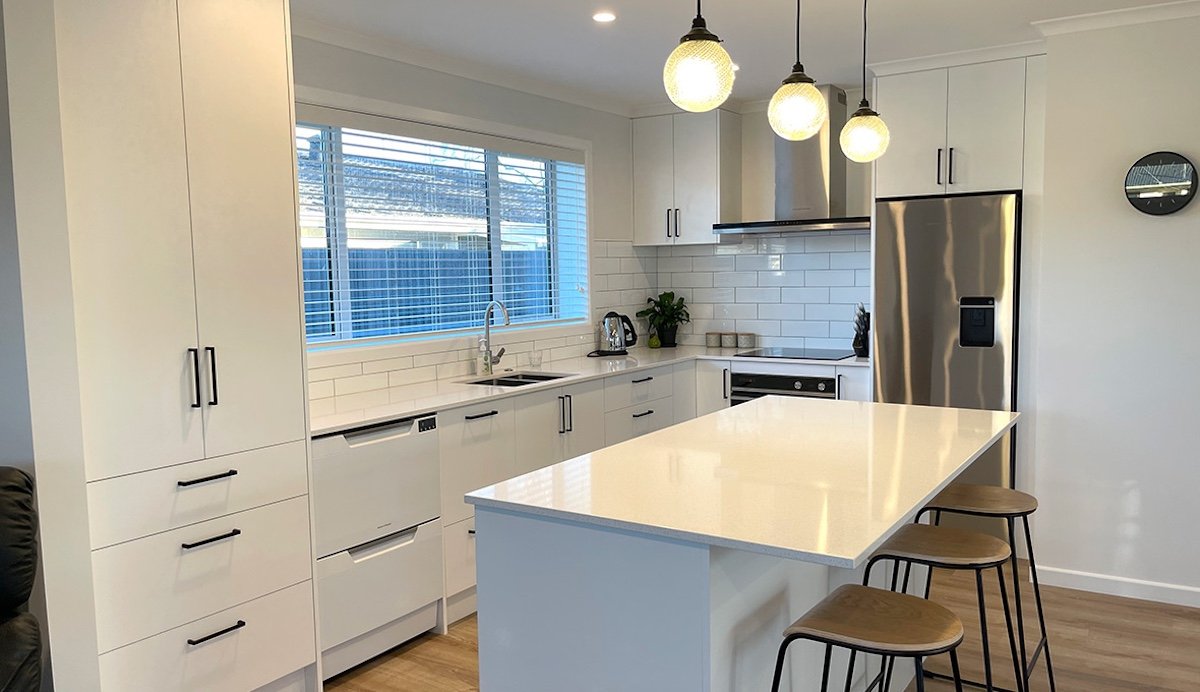Renovating your home is a significant decision—one that blends creativity, investment, and a fair share of planning. For residents in Invercargill, home renovations come with their own set of regional challenges and opportunities, from dealing with the cold climate to complying with Southland-specific building codes.
Whether you’re modernising a 1970s bungalow or extending your living space to accommodate a growing family, this guide offers practical, New Zealand-relevant advice on how to approach home renovations Invercargill with confidence and clarity.
Why Renovate in Invercargill?
Invercargill, with its charming character homes and growing residential appeal, has seen an increase in renovation activity in recent years. There are many reasons why homeowners in this southern city choose to renovate:
- Increasing Property Value: Renovations can significantly boost resale value, especially in established neighbourhoods like Gladstone, Windsor, and Richmond.
- Adapting to Lifestyle Changes: As remote work grows and families evolve, many are reconfiguring existing layouts to include home offices, play areas, or multi-purpose living zones.
- Improving Energy Efficiency: Older homes in Invercargill often lack adequate insulation, heating, and double glazing—making energy-efficient renovations especially beneficial.
Understand Local Conditions Before You Start
Invercargill’s Weather Demands Smart Planning
The region’s climate is cool, with high humidity and significant rainfall throughout the year. Renovating without factoring in these conditions can lead to long-term issues like dampness, mould, and increased energy costs.
What to consider:
- Use moisture-resistant materials, especially for exterior cladding and bathroom areas.
- Install effective insulation (roof, underfloor, and wall) to maintain warmth and reduce heating bills.
- Choosing energy-rated windows and doors—double or even triple glazing is worth the investment.
Building Regulations and Permits
Before beginning any substantial work, it’s essential to understand what local regulations apply. The Invercargill City Council outlines specific guidelines for renovations, additions, and structural changes.
You may need:
- Building Consent for structural work, re-cladding, plumbing, and drainage changes
- Resource Consent if you’re modifying a protected or heritage property, or working close to boundaries
- Code Compliance Certificate (CCC) once the work is complete
Ignoring permits can lead to legal complications and issues when selling your home, so start early with council consultation.
Popular Renovation Projects in Invercargill
Kitchen Transformations That Work Year-Round
The kitchen remains the heart of the home, and in Invercargill, functionality takes priority alongside style. With winter temperatures dropping low, many homeowners focus on warmth, storage, and lighting.
Features that work well locally:
- Floor-to-ceiling cabinetry to reduce draughts
- Durable, moisture-resistant benchtops
- Ventilation systems to combat indoor condensation
- Underfloor heating or radiant heat panels
Bathroom Upgrades for Comfort and Efficiency
Renovating your bathroom is one of the most impactful upgrades you can make, especially in an older Invercargill home with dated plumbing or ventilation.
Recommended upgrades:
- Walk-in showers with frameless glass
- Heated towel rails and anti-fog mirrors
- Tile finishes with waterproof membranes
- Low-flow but high-performance fixtures
Adding Living Space With Extensions
Whether you’re adding an extra bedroom, a sunroom, or converting a garage, extensions offer flexibility. In Invercargill, it’s common to see rear extensions that open onto the backyard, maximising natural light in the main living areas.
Make sure any addition matches the architectural style of the home. A well-designed extension not only adds functionality but also maintains aesthetic appeal—especially important if you plan to resell in the future.
Budgeting for a Renovation in Invercargill
Estimate Realistically
Renovation costs vary depending on the size, scope, and quality of materials. In Invercargill, costs may be slightly lower than in major cities like Auckland or Wellington, but it’s still important to get multiple quotes from local builders.
Typical costs to factor in:
- Labour (builders, electricians, plumbers, tilers)
- Materials and fixtures
- Council fees and inspection costs
- Temporary accommodation (if needed)
Always Include a Contingency
Unexpected issues are common—especially in older homes. Rotten timber, outdated wiring, or asbestos insulation may only come to light once the project begins. Allocate 10–20% of your total budget for these types of surprises.
Choosing the Right Team for the Job
Hiring experienced tradespeople who understand the local environment is key. Look for licensed building practitioners (LBPs) and ask for portfolios or references from previous jobs in Invercargill.
Questions to ask:
- Have you worked on similar homes in Southland before?
- Do you handle council applications and permits?
- What is your estimated timeline and process?
Transparent communication and clear contracts can prevent misunderstandings and project delays.
Renovate With the Future in Mind
If you’re investing time and money into your property, think long-term. Smart renovations should enhance your lifestyle today and hold up well in the years to come.
Ideas to Consider:
- Futureproof Design: Open layouts, flexible spaces, and multi-use rooms can adapt to changing needs.
- Sustainability: Use eco-friendly materials, install efficient heating/cooling systems, and reduce water usage.
- Smart Technology: Think about lighting automation, remote heating control, and security systems.
Conclusion: Plan Well, Renovate Smarter
Home renovations in Invercargill can be deeply rewarding—but only when approached with the right knowledge, planning, and local insight. From understanding building regulations to choosing the right materials for Southland’s unique climate, there are several steps that contribute to a successful outcome.
Whether you’re restoring a classic villa, upgrading a mid-century home, or extending a modern build, the key is to take your time, do your research, and work with trusted local professionals who know how to bring your vision to life.
